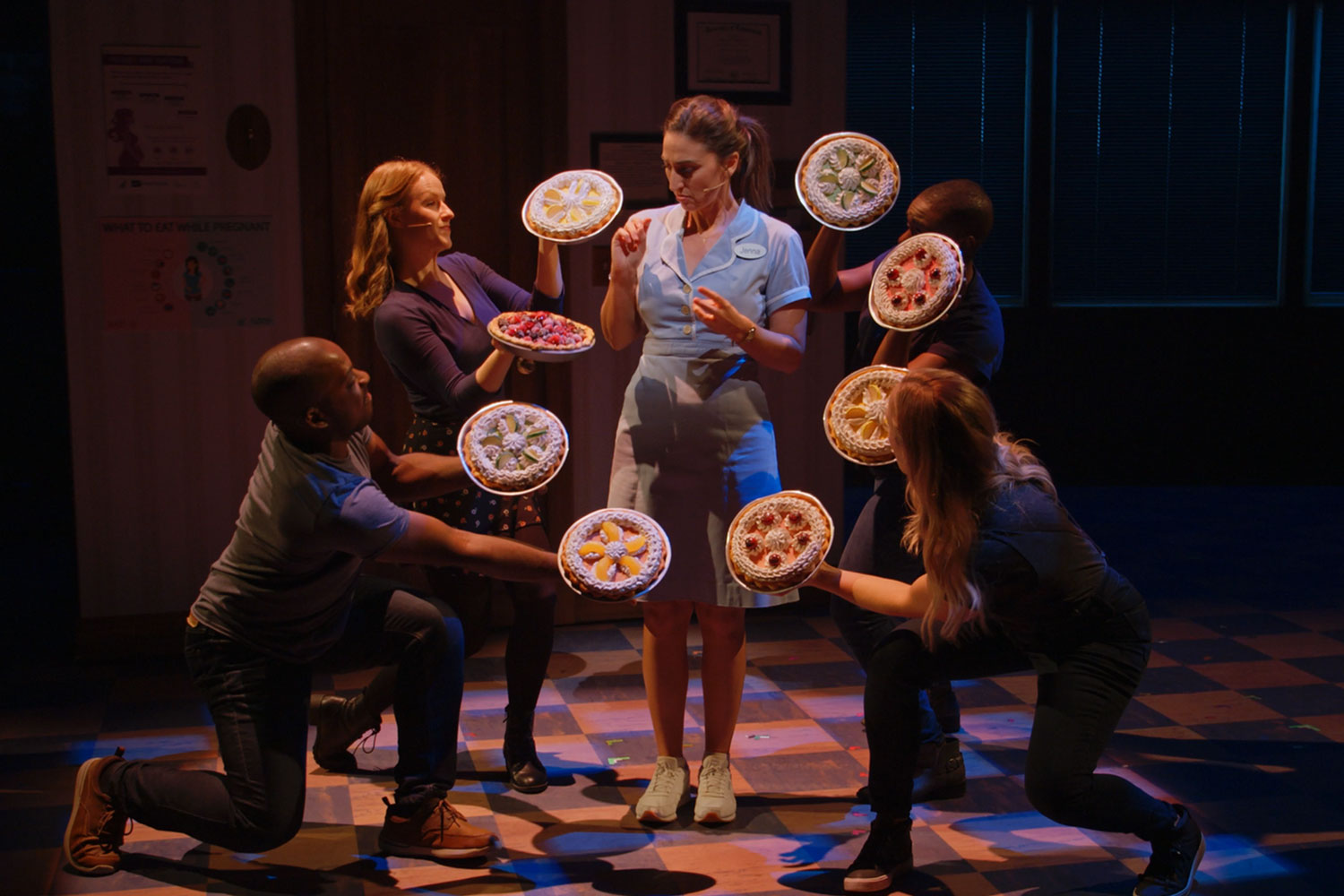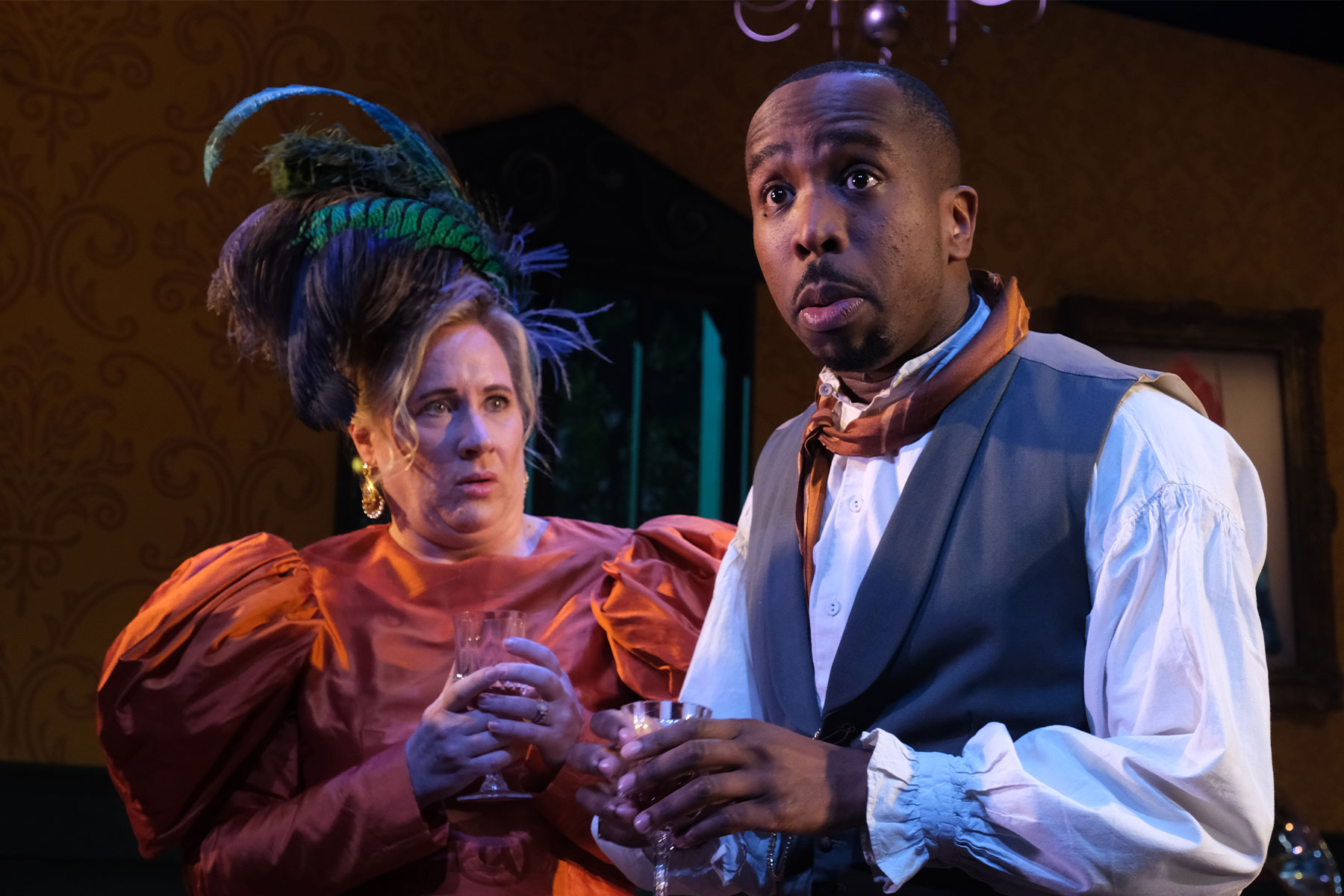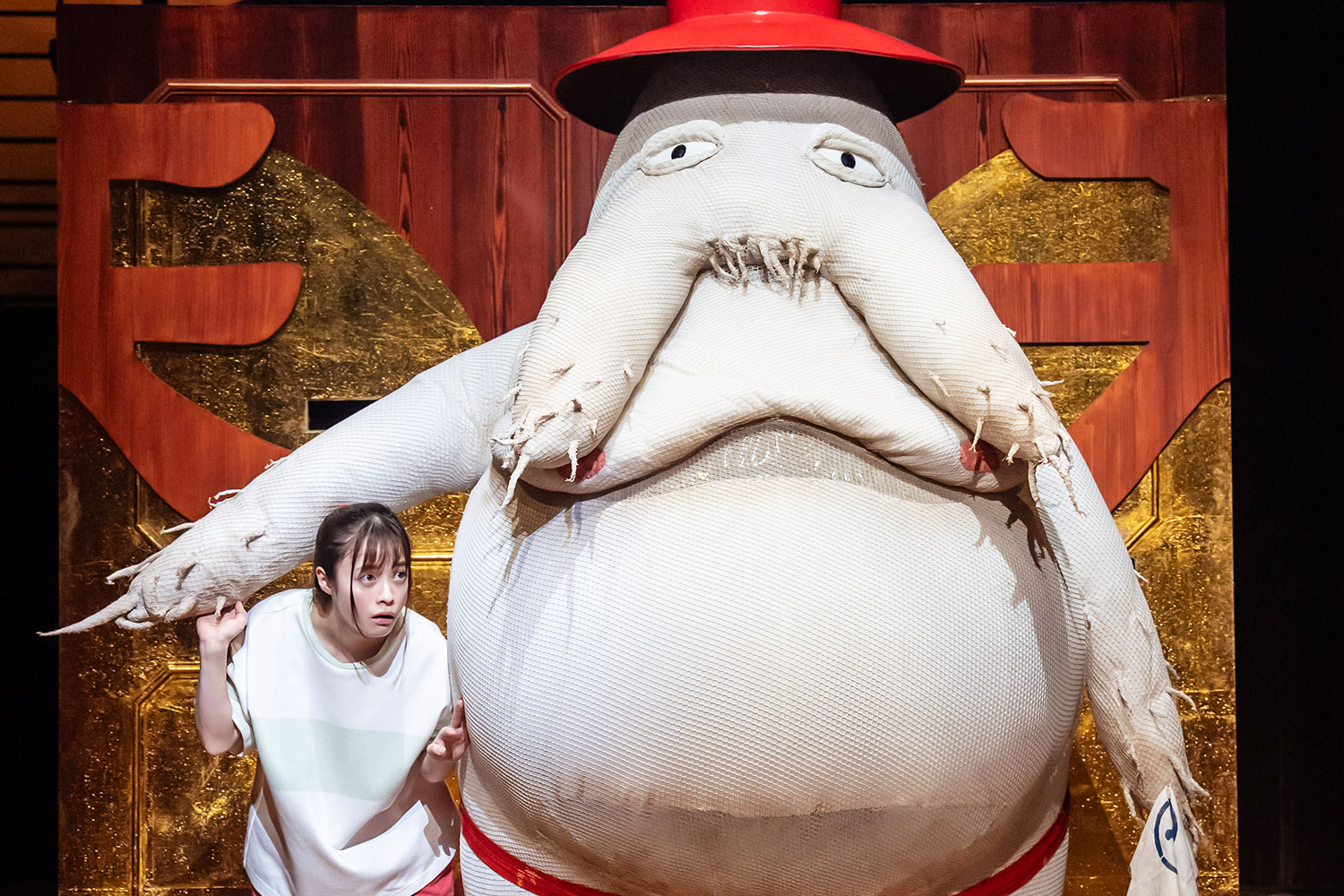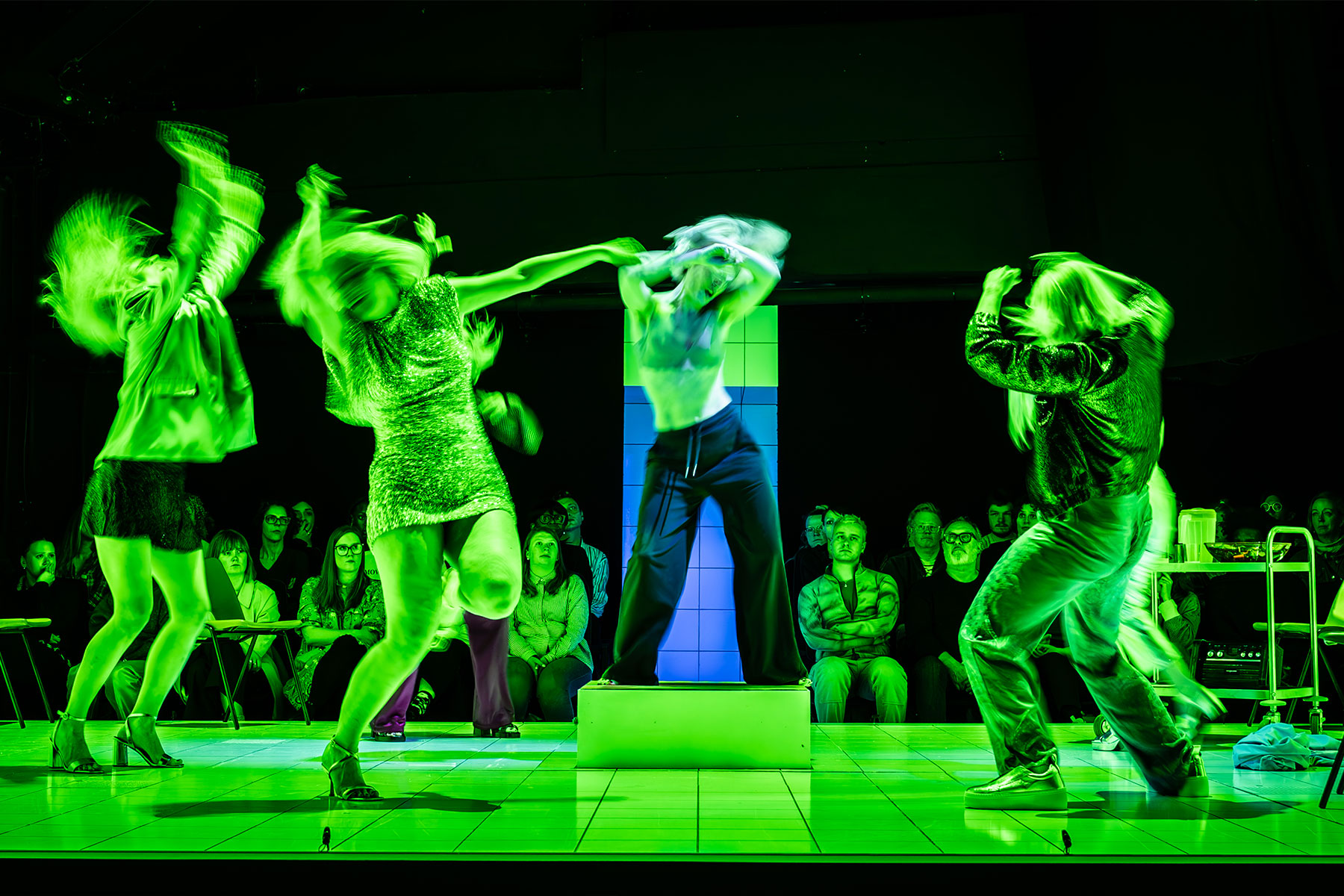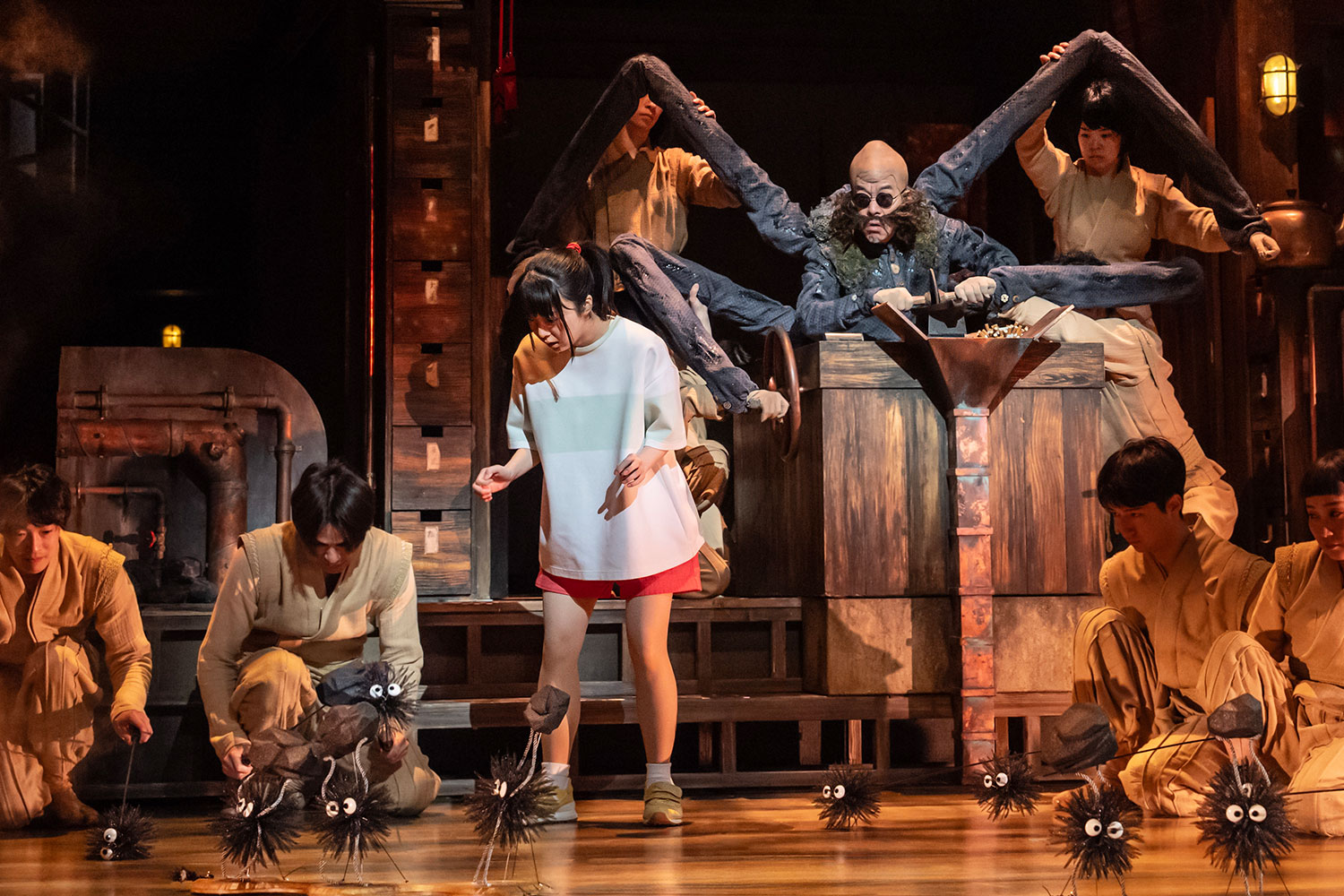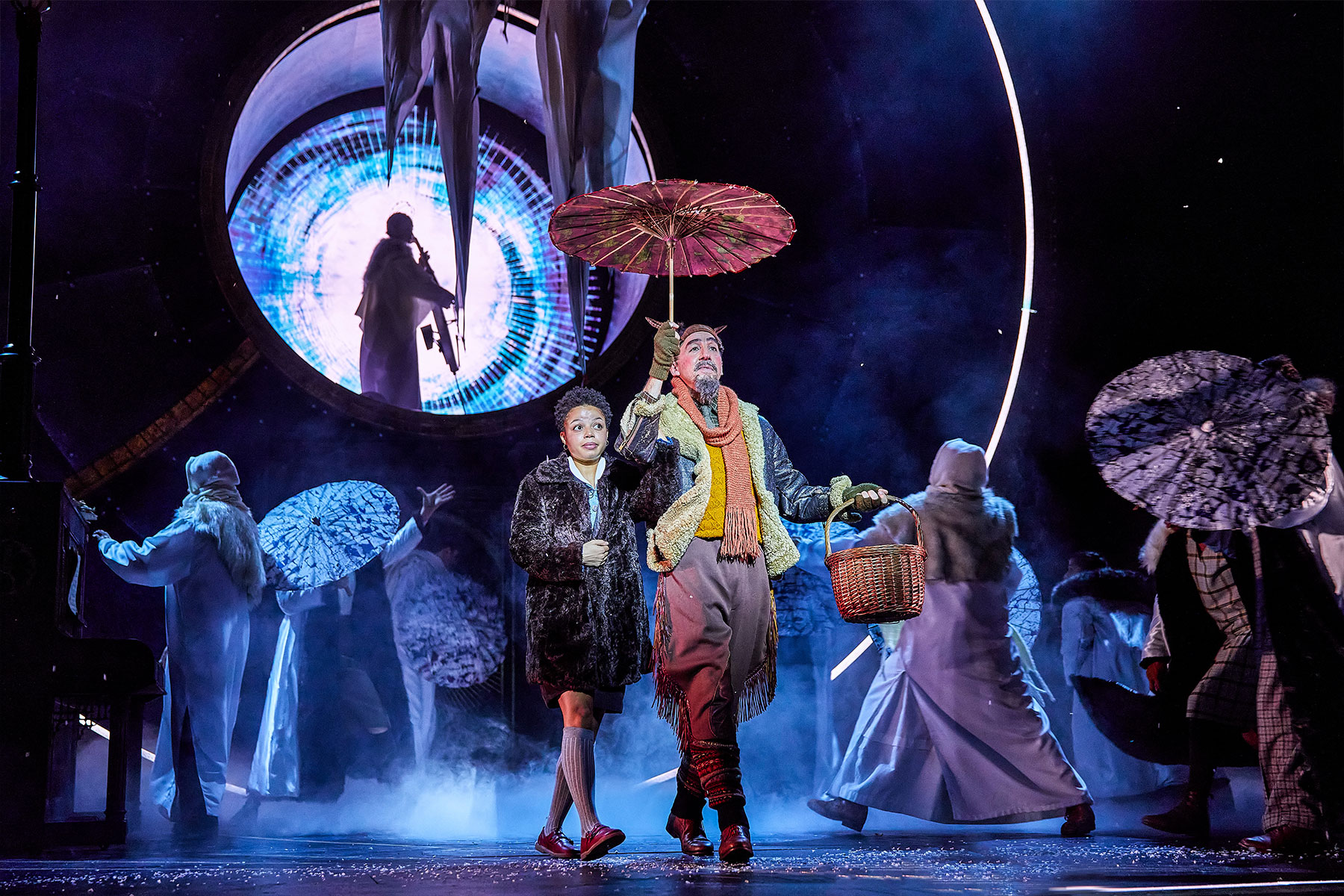God of Carnage
The impeccable progress of God of Carnage, Yazmina Reza’s savage new middle-class comedy translated by Christopher Hampton, was interrupted by a power failure on the first night. The stage went suddenly dark, the four characters picked out in silhouette as if in a stylishly under-lit European production by Giorgio Strehler or Patrice Chereau.
The effect was not inappropriate. Janet McTeer as Veronique had just been talking about the book she was writing on Darfur. Ralph Fiennes as Alain was slumped centre stage, embarking on a speech that showed dangerous signs of turning philosophical. A meeting of two couples to sort out the playground violence of their children was becoming something else.
Then a stage manager appeared, like a spaceman reporting to NASA, to tell us we had a problem. Five minutes later, the theatre owner, Cameron Mackintosh, and the producers, David Pugh and Dafydd Rogers, stood at the front of the stalls to say that the show would go on with the house lights up and working lights on the stage.
And so it did, with barely a hiccup and a strange, eerie intensification of a social experience moving into uncharted waters of barbarism and hostility. The 11-year-old boy of Alain and Annette (Fiennes and Tamsin Greig) – he is a lawyer, incessantly on the mobile phone, she is in “wealth management” and wears great shoes – has struck out with a stick in the face of the son of Michel and Veronique (Ken Stott and McTeer).
Michel is a wholesale dealer in domestic goods, a self-made man whose mother may be ailing, we eventually learn, because of the side-effects of a medicine produced by the pharmaceutical company Alain is dealing with over the phone. Alain himself has visited the Congo and knows of the god of carnage in whose name young boys there are always killing each other.
So an apparently superficial domestic comedy unravels as a grim anthropological study of fractured manners, marital rifts and drink-fuelled truth-telling, not to mention a surprise fit of projectile vomiting all over the coffee table books – “People of the Tundra could do with a wipe,” mutters Stott, the increasingly desperate host, reaching for the hair dryer.
Hampton’s English text has the quality of a Gallic Edward Albee. Every line stings like a poignard, and Matthew Warchus’ production, on a stark, blood red setting by Mark Thompson that suggests a tragic dimension the play grows into, is acted with style and finesse by a dream of a vocal quartet: Fiennes is the acidulous tenor, Stott the rumbling baritone, Greig the skittering soprano and McTeer the full-on dangerous alto.
This is easily the best of the Hampton/Reza combinations since Art and is at the very least a big shot in the arm for new comedy in the West End. It is also a brilliantly uncomfortable dissection of the way some of us live now, and all your middle-class professional neighbours with problem children – and problems, period – will want to see for themselves.
– Michael Coveney



